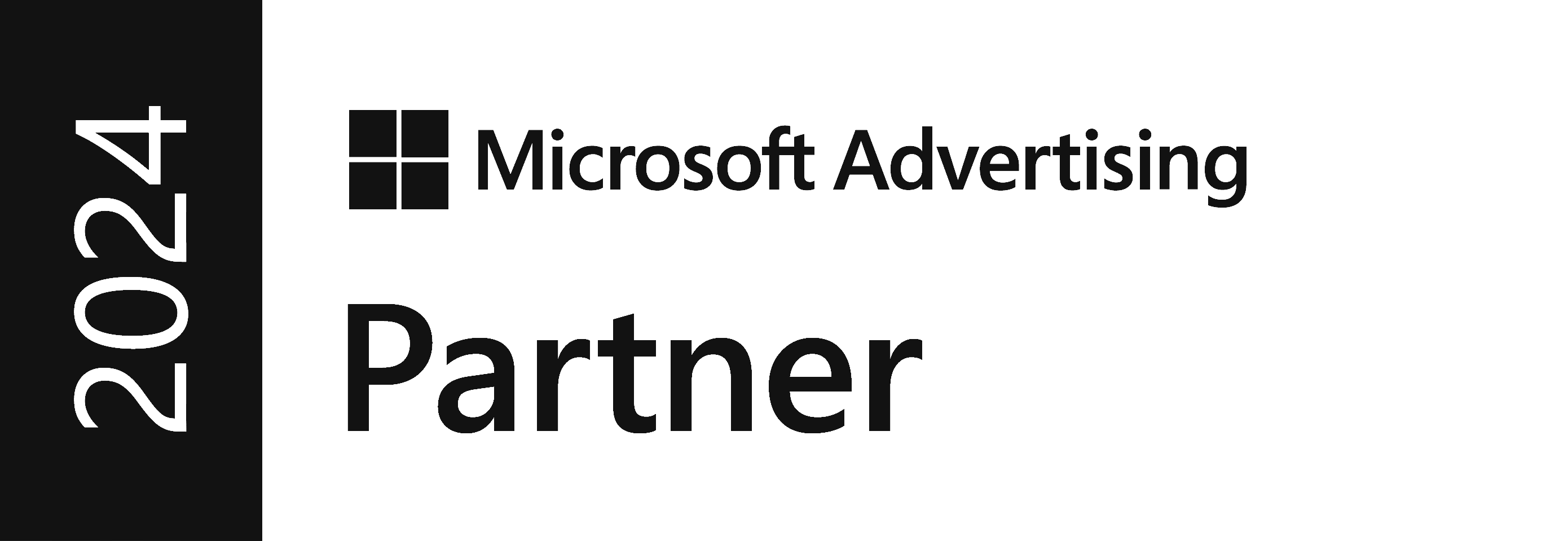Google Ads doesn’t make its recommendations hard to find. If you have experience of running Google PPC Ads, you’ll no doubt have seen the alerts, the links, the optimisation score … all steering you towards recommendations that Google suggests to “improve” your campaigns.
The official line on these recommendations is;
“Recommendations can introduce you to new, relevant features and help you get more out of your budget by improving your bidding, keywords, and ads. Recommendations evolve over time to align with the most up-to-date Google Ads best practices, increasing the overall performance and efficiency of your campaigns.”
It can be tempting to trust these recommendations and then just sit back and watch the sales roll in. Because Google wouldn’t make unsuitable recommendations … right?
Well, yes. And no. There are plenty of things you need to keep in mind when you’re reviewing Google’s recommendations and choosing whether to apply them. In this blog, we look at some of the reasons why.
Google works for Google
Ultimately, Google works for Google. It's a business first and foremost and that business exists to make money, which can cause a bit of a conflict of interest. Does it prioritise making money for you, or itself? Ultimately, as helpful as their software is, Google exists to benefit Google. If you investigate Google’s recommendations, you’ll often find that two of the most common optimisation recommendations are to broaden targeting and increase budget. This is good for blowing through your PPC budget quickly but will it generate more business for you? Perhaps, but it’s important to scrutinise these recommendations thoroughly before you decide whether or not to apply them. Broader keywords get more clicks (and spend more money!) but if these keywords are less intent focused, this isn’t likely to result in a proportional increase in sales.
Recommendations may not be relevant to your business
Google knows advertising but it doesn’t know your business the way you or your advertising agency does. Google may think that there’s a great search terms you’re not targeting or a sale message that you’re missing … but you may be missing those for a reason. Extremely expensive keywords may have been left out of your targeting so you don’t spend your entire day's budget on a couple of advert clicks. You may have decided to exclude a call out extension because you want to focus on website sign-ups over phone calls.
Google will also sometimes recommend adding extensions or improving search ads by adding or amending headlines and descriptions. For many companies, especially those in the legal sectors, accepting these changes (or, worse, allowing Google to auto-apply changes which means they can apply them without you seeing them first) could get you in a lot of trouble if you find yourself promoting a sales message that’s not correct or using wording that isn’t tailored to your business.
They may increase numbers but are they the right numbers?
Google Ads recommendations are aimed at improving ad performance, but not necessarily business performance. Google may recommend high-cost, high-volume keywords or bid strategies which will give you a boost in impressions (how many times your ads are seen) and clicks, maybe even on-site conversion actions. But while Google may see these as a measure of success, this might not tie in with what you see within your business. If the changes lead to an increase in low-value conversions (general enquiries as opposed to specific enquiries, leads generated rather than sales) or enquiries which don’t complete, you may actually see a decrease in meaningful success from these campaigns.
Lack of testing ability
A key element of Google Ads optimisation is testing, and recommendations often don’t take this into account. If you’re running a campaign on a maximise conversions strategy (to get as many on-site conversions as you can for your budget) but want to trial targeting a cost per acquisition bidding strategy (where you’re aiming to spend a specific amount per conversion), you should run small tests with a portion of your budget before you fully switch. This allows you to make informed decisions about the best way forward and minimises the risk of negative effects on your campaigns – especially important if you rely on PPC advertising for a significant portion of your business. Google may recommend changing your bid strategy, but this sudden and abrupt change can drastically affect your campaigns and all your eggs are in now one basket if that change doesn’t work for the better.
Lack of transparency
Google is often pretty cagey when it comes to its algorithms and Ads is no exception. Recommendations are based on "your account data" but beyond that there’s no a lot to quantify these recommendations. They’re easy to apply with the click of a button but can be significantly more effort to undo if you have to manually reverse these changes because they haven’t benefited your campaigns.
Ultimately, Google’s recommendations can provide some helpful tips and suggestions that you might not have considered, but they shouldn’t be relied on as the only way of optimising your Ads account. Whether or not you want to apply recommendations or ignore them, it’s important to consider what these changes would mean and how they fit into the needs and priorities of your business. Take Google’s recommendations with a liberal pinch of salt and make don't be afraid to dismiss any which aren't going to benefit your business in a meaningful way.
If you want to get started with Google Ads as a marketing tactic or part of a wider business strategy, or just an account audit to make sure your campaigns are optimises for best performances, get in touch with the Optix team.
1st Floor, Alphin Brook House,
Alphin Brook Road,
Exeter EX2 8RG
MORE THAN
Digital
Marketing.
View our sustainability page.
PPC for B2B
PPC for Law Firms
PPC for Luxury Ecommerce Brands
PPC for Travel and Tourism
GEO Audit






